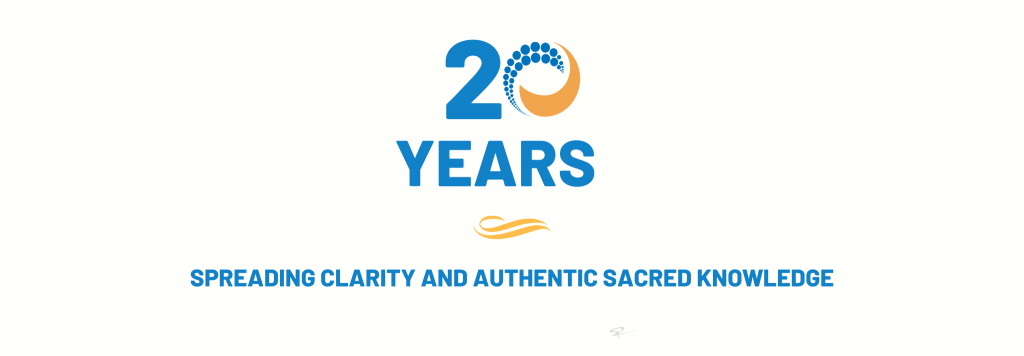Shab-e-barat – should you perform extra worship on 15th Sha’ban?

Is 15th Sha’ban, which is known as Shab-e-barat in South Asia important?
The Prophet (peace be on him) said that Allah grants forgiveness during the night in the middle of Sha’ban.
وَعَنْ أَبِي مُوسَى الْأَشْعَرِيِّ عَنْ رَسُولِ اللَّهِ صَلَّى اللَّهُ عَلَيْهِ وَسَلَّمَ قَالَ: «إِنَّ اللَّهَ تَعَالَى لَيَطَّلِعُ فِي لَيْلَةِ النِّصْفِ مِنْ شَعْبَانَ فَيَغْفِرُ لِجَمِيعِ خَلْقِهِ إِلَّا لِمُشْرِكٍ أَوْ مُشَاحِنٍ» . رَوَاهُ ابْن مَاجَه
وَرَوَاهُ أَحْمَدُ عَنْ عَبْدِ اللَّهِ بْنِ عَمْرِو بْنِ الْعَاصِ وَفِي رِوَايَته: «إِلَّا اثْنَيْنِ مُشَاحِن وَقَاتل نفس».
Abu Musa al-Ash‘ari reported God’s Messenger (peace be on him) as saying:
“God most high looks down on the middle night of Sha’ban and forgives all His creatures, except a polytheist or one who is hostile.” (ibn Majah)
What should one do?
There is no specific worship that one has to do on this night. It is a blessed night, therefore one can do qiyam (night prayers), recite the Quran, do dhikr and make du’a – whatever is in line and approved by the sunnah. This worship should be ‘normal’ ibadah, not containing innovative additions.
There are two different opinions on whether it is permissible to do ibadah in congregation on this night.
Should you fast?
Fasting on the three days in the middle of every lunar month (al ayam al beed) is an established sunnah. The Prophet (peace be on him) said:
“If you fast three days of the month, then fast the 13th, 14th and 15th.” (Tirmidhi)
Ibn Abbas (may Allah be pleased with him) said:
“The Messenger of Allah (peace be upon him) did not fail to fast the white days either when at home or on a journey.” (Nasa’i)
In a famous hadith, the Prophet (peace be upon him) was asked by Usama bin Zayd (may Allah be pleased with him):
‘O Messenger of Allah, I do not see you fasting any month as much as in Sha’ban?’
The virtues of Sha’ban
When asked why he fasted so much in Sha’ban, the Prophet (peace be upon him) replied:
‘That is a month to which people do not pay much attention, between Rajab and Ramadan. It is a month in which the deeds are taken up to the Lord of the worlds, and I like that my deeds be taken up when I am fasting.’ (An-Nasaai)
Numerous narrations show that our deeds are presented to Allah on a regular basis, and that we should not just increase our ibadah, but work on our character, so that our hearts are pure, as the Prophet (peace be on him) repeatedly emphasised, Allah does not pardon the one who holds grudges.
Abu Hurayrah (may Allah be pleased with him) narrated that the Messenger of Allah (peace be on him) said:
وعن أبي هريرة رضي الله عنه قال: قال رسول الله صلى الله عليه وسلم : “تعرض الأعمال في كل اثنين وخميس، فيغفر الله لكل امرئ لا يشرك بالله شيئا، إلا امرءا كانت بينه وبين أخيه شحناء، فيقول: اتركوا هذين حتى يصطلحا” ((رواه مسلم)).
“People’s deeds are presented before Allah on Mondays and Thursdays, and then every slave (of Allah) is granted forgiveness (of minor sins) if he does not associate anything with Allah in worship. But the person in whose heart there is rancour against his brother, will not be pardoned. With regard to them, it is said twice: ‘Hold these two until they are reconciled’.” (Muslim)
May Allah make us from those who attain His love and forgiveness. Ameen.
Shaykh Haytham Tamim
- The truth is more powerful than lies
- Does a bride’s wali have to be Muslim?
- Is is permissible to lead a salah split over different rooms?
- Global IT outage. When systems go down…
- The concept of worship. What are ibadah and ihsan – and how do they lead to self development?

Shaykh Haytham Tamim
Shaykh Haytham Tamim is the founder and main teacher of the Utrujj Foundation. He has provided a leading vision for Islamic learning in the UK, which has influenced the way Islamic knowledge is disseminated. He has orchestrated the design and delivery of over 200 unique courses since Utrujj started in 2001. His extensive expertise spans over 30 years across the main Islamic jurisprudence schools of thought. He has studied with some of the foremost scholars in their expertise; he holds some of the highest Ijazahs (certificates) in Quran, Hadith (the Prophetic traditions) and Fiqh (Islamic rulings). His own gift for teaching was evident when he gave his first sermon to a large audience at the age of 17 and went on to serve as a senior lecturer of Islamic transactions and comparative jurisprudence at the Islamic University of Beirut (Shariah College). He has continued to teach; travelling around the UK, Europe and wider afield, and won the 2015 BISCA award (British Imams & Scholars Contributions & Achievements Awards) for Outstanding Contribution to Education and Teaching.
Recommended Posts

Does a bride’s wali have to be Muslim?
July 25, 2024

Can I remove my hijab for a scan?
June 26, 2024
Utrujj is proudly powered by WordPress

